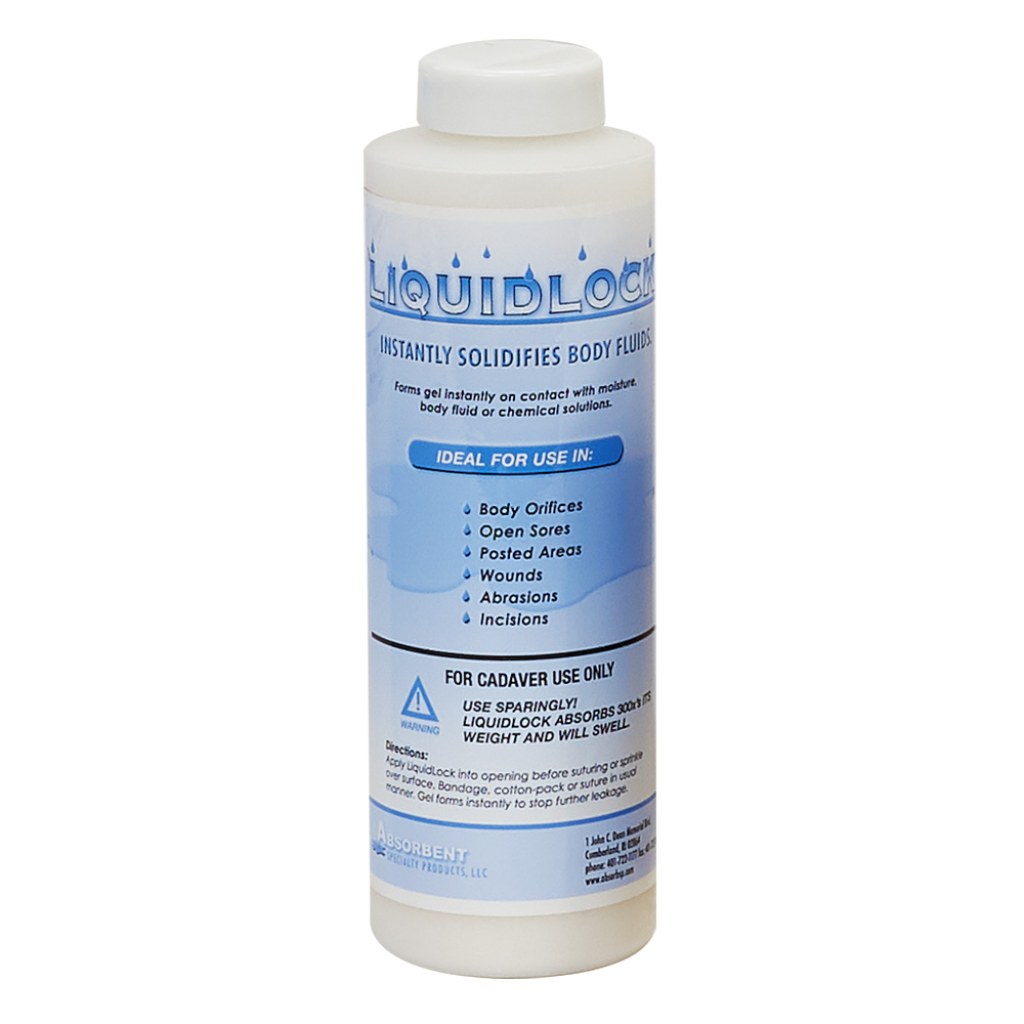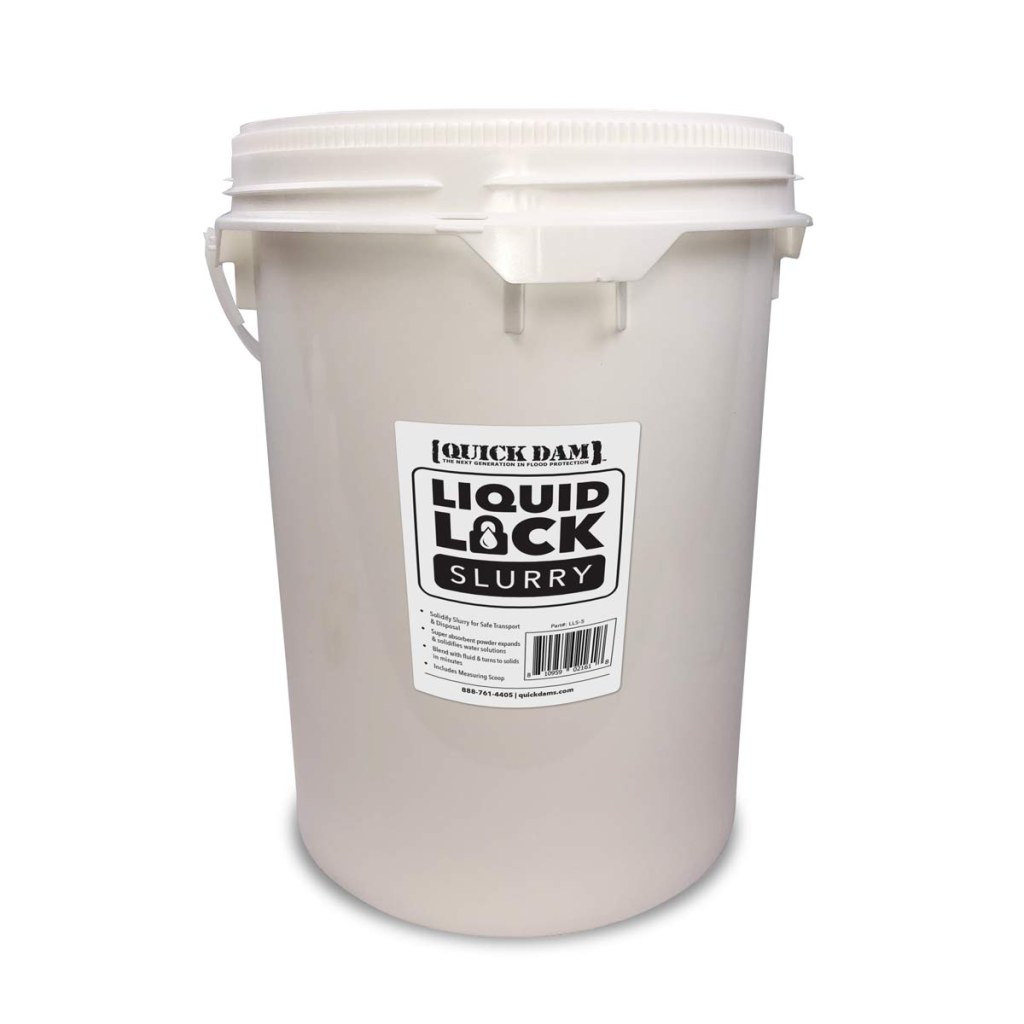Unlock The Power Of Liquid Lock: Enhance Your Experience With Our Revolutionary Solution
Liquid Lock: A Revolutionary Solution for Containment
Introduction
Dear Readers,
3 Picture Gallery: Unlock The Power Of Liquid Lock: Enhance Your Experience With Our Revolutionary Solution



Welcome to our latest article on the revolutionary technology known as liquid lock. In this piece, we will explore the concept of liquid lock, its applications, advantages, and disadvantages, and also answer some frequently asked questions about this innovative solution. So, let’s dive in and discover how liquid lock is changing the game in fluid containment.
Overview

Image Source: absorbsp.com
Liquid lock is a cutting-edge technology designed to provide a secure and efficient containment solution for liquids. Whether it’s hazardous substances, valuable chemicals, or even water, liquid lock offers an effective way to prevent leakage or spillage. This technology has gained significant attention in various industries, such as pharmaceuticals, chemical manufacturing, and oil and gas.
What is Liquid Lock? 🌊
Liquid lock is a mechanism that utilizes the principle of surface tension to form a barrier that holds liquid within a confined space. By creating a seal between the liquid and the surrounding environment, it ensures that the liquid remains contained even under various external forces. This innovative solution eliminates the need for traditional containment methods such as valves or caps, providing a more efficient and reliable alternative.
Who Can Benefit from Liquid Lock? 🏭

Image Source: ytimg.com
Industries that deal with hazardous substances, sensitive chemicals, or liquids that require strict containment measures can greatly benefit from liquid lock technology. Pharmaceutical companies, chemical manufacturers, and oil and gas refineries are just a few examples of industries that can leverage the advantages of liquid lock to ensure safety, prevent contamination, and reduce the risk of costly spills.
When to Use Liquid Lock? ⌚
Liquid lock is particularly suitable for situations where there is a need for secure containment of fluids. Whether it’s during transportation, storage, or processing, liquid lock can provide the necessary assurance that liquids will remain safely contained, minimizing the risk of accidents or environmental damage. From laboratories to industrial facilities, liquid lock offers a versatile solution for various applications.
Where Can Liquid Lock Be Applied? 🌍

Image Source: quickdams.com
The applications of liquid lock are vast and diverse. It can be utilized in storage tanks, pipelines, chemical reactors, and even in laboratory experiments. Any setting that involves the handling or transportation of liquids can benefit from liquid lock technology. Its ability to maintain containment under different conditions makes it a valuable asset in various industries worldwide.
Why Choose Liquid Lock? ❓
There are several reasons why liquid lock has become a preferred choice for many industries:
Enhanced Safety: Liquid lock provides a secure seal that minimizes the risk of leakage or spills, ensuring the safety of workers and the environment.
Cost Savings: By preventing accidents or contamination, liquid lock helps companies avoid costly cleanup procedures and potential legal liabilities.
Efficiency: With liquid lock, the need for traditional containment methods such as valves or caps is eliminated, resulting in faster and more streamlined processes.
Reliability: Liquid lock technology has proven to be highly reliable, even in challenging conditions, providing companies with peace of mind.
Sustainability: By preventing liquid waste or contamination, liquid lock contributes to a more sustainable and environmentally friendly approach to fluid containment.
How Does Liquid Lock Work? 🛠️
Liquid lock operates on the principle of surface tension. When a liquid comes into contact with a specially designed surface, the surface tension creates a barrier that prevents the liquid from escaping. This barrier forms a seal around the liquid, ensuring that it remains contained within the designated area. The design of the surface and the properties of the liquid play crucial roles in determining the effectiveness of the liquid lock mechanism.
Advantages and Disadvantages of Liquid Lock
Advantages:
1. Increased safety by preventing leaks and spills.
2. Cost savings through the avoidance of cleanup expenses.
3. Streamlined processes and improved efficiency.
4. Reliable containment even under challenging conditions.
5. Environmentally friendly approach to fluid containment.
Disadvantages:
1. Initial investment costs for implementing liquid lock technology.
2. Limited compatibility with certain liquids and surfaces.
3. Ongoing maintenance and periodic inspections may be required.
4. Potential learning curve for personnel unfamiliar with liquid lock systems.
5. Possible limitations in scalability for certain applications.
Frequently Asked Questions about Liquid Lock
1. Is liquid lock suitable for all types of fluids?
Yes, liquid lock can be applied to various types of fluids, including hazardous substances, chemicals, and even water.
2. Can liquid lock technology be retrofitted into existing systems?
Yes, liquid lock systems can often be integrated into existing infrastructure, making it a versatile solution for different industries.
3. Are there any specific maintenance requirements for liquid lock systems?
Regular inspections and maintenance are recommended to ensure the optimal performance of liquid lock systems and to detect any signs of wear or damage.
4. Can liquid lock technology be used in extreme temperatures?
Yes, liquid lock technology can withstand a wide range of temperatures, making it suitable for applications in both hot and cold environments.
5. Is liquid lock technology environmentally friendly?
Yes, by preventing leaks and spills, liquid lock contributes to a more sustainable approach to fluid containment and minimizes the impact on the environment.
Conclusion: Take Action and Secure Your Liquids with Liquid Lock
Dear Readers,
With its innovative approach to fluid containment, liquid lock has proven to be a game-changer for many industries. By providing enhanced safety, cost savings, and improved efficiency, this technology offers a reliable solution for liquid containment needs. Whether you are in the pharmaceutical, chemical, or oil and gas industry, it’s time to consider the benefits of liquid lock and take action to secure your liquids.
Thank you for reading,
Final Remarks
Dear Readers,
In this article, we have explored the concept of liquid lock, its applications, advantages, and disadvantages. While liquid lock offers many benefits, it is important to consider factors such as initial investment costs and system compatibility. As with any technology, thorough evaluation and consideration of specific requirements are key to determining the suitability of liquid lock for your particular needs.
Remember, liquid lock is just one of the many solutions available for fluid containment, and it’s essential to assess all options to make an informed decision. We hope this article has provided valuable insights into liquid lock and its potential for your industry.
Thank you for your attention and continued support.
This post topic: Liquid


